At the dawn of the new millennium, every company was scrambling to come up with a competitor to Tony Hawk’s wildly successful first entry in his Pro Skater series. MTV Sports knew they needed a big name to attach to their upcoming entry in the skate game wars. At the time, there were only a few skateboarders with the kind of name recognition Tony had, and Andy MacDonald was one of those skaters. Though his professional career was just getting started, Andy was a rising star.
By 2000, Andy had already taken home the gold medal for vert skating at the ’96 and ’98 X-Games, and would go on to earn more X-Games medals than any other skateboarder (a record he still holds). He and Tony had even won four gold medals together in the doubles competition. Just one year prior, he’d spoken out against drugs at the White House, at that point the only skater to ever carve the capital halls.
MTV Sports: Skateboarding Debuts
Celebrating its 25th anniversary this past Saturday, MTV Sports: Skateboarding Featuring Andy Macdonald was one of a handful of direct competitors to the cultural juggernaut that was Tony Hawk’s Pro Skater. Releasing just a week before Tony Hawk’s Pro Skater 2, MTV Sports: Skateboarding featured 35 levels of implausibly designed skatopias, including now-mandatory school and shopping mall levels, as well as an opening warehouse level that may feel familiar to fans of the genre.
Because it was an MTV Sports release, the focus on music was strong, with many levels featuring areas that projected the currently playing song’s video as part of the level’s design. Unfortunately, the attention to detail given to the in-game music wasn’t necessarily carried over to the gameplay itself.
Public Reception
The game was poorly received on release, with most reviewers calling the controls in the PlayStation version “unresponsive”. In retrospect, some criticism came from a misunderstanding of how the controls worked. While the button layout is similar to the Hawk games, the input order is different.
Where a trick in THPS may be mapped to “Direction + Face Button”, in MTV Sports: Skateboarding, the input would be “Direction, then Face Button”. Notably, spins and balance are mapped to the shoulder buttons, and it plays well with some practice.
The Game Boy Color version fared better critically, translating the gameplay into something resembling 720º, which itself had received a mediocre Game Boy Color port earlier that year. This version featured 18 levels of collectathon gameplay with a focus on street skating. Interestingly, there isn’t a single halfpipe to be found in this version.
Interview with Andy MacDonald
For the game’s 25th anniversary, I reached out to the legend himself: Andy MacDonald. Andy was kind enough to answer my questions about the game, as well as weigh in on the East Coast v. West Coast rap debate, telling us his thoughts on Tony’s legendary series, and letting us know his favorite games of all time. The text has been lightly edited for clarity, but is otherwise presented in its entirety below.
Jim: When Atari was developing 720º, they built a vert ramp in their Sunnyvale warehouse and invited skaters like Rob Roskopp to shred it. For Pro Skater, Tony Hawk was presented with a prototype by Activision, at which point he heavily consulted on the game’s development. For Thrasher: Skate & Destroy, Rockstar Games consulted Joey Tershay and Rick Ibaseta. At what point in the process did you sign on to work with THQ, and what was your role in its development?
Andy: At the time I was approached by THQ, my career was just taking off. MTV Sports was already huge and running the MTV Sports & Music Festival Events. This game was their expansion on an already existing property, and they just needed an athlete to headline it. I wasn’t involved in Tony’s game (that was being developed at the same time,) so I signed on and helped assemble a crew of skaters that weren’t already spoken for in the space.
J: Skateboarding games (and videos) went a long way toward shaping the musical taste of an entire generation. Your game features a pretty aggressive roster of tracks from bands like Snapcase and Deftones. Was this a byproduct of growing up in Boston’s hardcore scene, or was MTV in charge of curating the tracks?
A: As it was MTV, the complete track roster was the first thing they’d done. It was set before I even came aboard, I think.
J: Skateboarding video games have seen a resurgence in recent years. Games like Session, Skater XL, and remasters of the Tony Hawk games have proven successful. Have you considered another game? Maybe a Skatercross game?
A: I hadn’t considered it.
J: In the booklet of your game, you imply that you don’t play a lot of video games. Not surprising, as it’s no secret that you are one of the most dedicated skateboarders to ever shred. Do you still game at all, and if so, what are you playing? What is your favorite game of all time (is it still Missile Command?)
A: As a child of the ’80s, the arcade was where gaming was. I was a fan of Defender, Centipede, and yes, Missile Command, and I had a stand-up Asteroids machine in the kitchen of the first house I owned when I grew up. However, I never even owned a home gaming console. When we were developing the MTV game, they had to send me a PlayStation to play it on. I wouldn’t have even had a television to attach it to had Tony not gifted me a TV/VCR for my birthday. He was tired of me not even being able to watch the skate videos we were in.
J: Reading your book shortly before replaying the game, I noticed what I have to assume are references to your past. For example, one level appears to be based on Sea World, where you worked wearing the Shamu costume. Another, the Mac Ramp, has you jumping a bunch of cars like Evel Knievel, which is similar to a story you tell of building your first ramp to jump your mom’s Datsun in Melrose, MA. Were these intentional callbacks, or happy accidents?
A: Sea World was a callback that I’d completely forgotten about. Ha! The jump was a reference to the world record jump I did with Swatch in 1999, jumping over four parked cars. A version of that jump was used in a commercial for the game. Looking back, it’s notable that they didn’t even want to spend the money to have me in the commercial for my own game. I wasn’t in any of them, even as a stunt double.
J: Growing up in the 90s, it was easy to buy into the narrative that you and Tony Hawk were bitter rivals, when in reality you were (and are) close friends, even winning the X-Games doubles competition together multiple times. With your games coming out within a year of each other, was there any behind-the-scenes rivalry or friendly competition?
A: Absolutely not. Tony’s game developers had created a far better engine, and they leaned into Tony’s love of gaming. He was involved in every aspect of the development and marketing of his game from the get-go, and it was a far superior game because of it. I did a day of motion capture for my game, and that was pretty much the extent of it.
J: You famously beat Eric Koston in a street contest in the early ’90s. Is that why he chose to be in Tony’s game over yours?
A: Ha! I’m pretty sure it’s more like this: if Tony asks you to be a part of his game, you say yes.
J: You’ve been photographed with Ice-T and Run-DMC. Are you an East Coast or West Coast rap guy, and who was the better hang?
A: East Coast rap will always have a special place in my heart, as that is where I was introduced to hip-hop through breakdancing in the 1980s. Guru is one of my all-time favorites as he’s originally from Roxbury, MA. Photos of me hanging with famous rappers are always just the right place, right time scenarios. I am decidedly not that cool.
- Andy Mac and Run-D.M.C.
- Andy Mac and Ice-T, Credit: Tommy Cook
J: Can you describe how it felt to go from getting carjacked at the Atlanta Olympics after being forced to pay your own way into the closing ceremonies, to competing almost three decades later and making a strong showing?
A: Ha! I didn’t get carjacked, but my rental car got stolen, and Enterprise Rentals tried to make me pay for it. You could say it was a rough weekend at the closing ceremony in 1998. It was pretty surreal being a competitor at the Paris Games and an amazing journey to get there. Definitely the experience of a lifetime.
J: You said if Vert skating was featured in the 2028 Olympics, you’d compete again. Despite being held in LA, arguably the birthplace of the sport, they have announced that vert skating will not be featured. That aside, will you still be competing?
A: I’m retired from park skating competition and happily back on the vert ramp, where I’ve seen the majority of my biggest successes. My hope is that there will be a vert ramp at the LA Olympic Games at least as an exposition, and if there is, I’ll be skating.
Special, colossal thanks to Andy for being so generous with his time. While it is unlikely this game will ever see a re-release, it plays well in emulation, where you can also patch in GameShark cheats to make the game a bit easier. If you want to skip the challenge altogether and just explore the game’s 35 levels, simply enter the name “PASWRD” to unlock everything the game has to offer.
Ultimately, MTV Sports: Skateboarding Featuring Andy Macdonald is a fascinating artifact from a pivotal time in both video game and skateboarding history. While it was rightfully overshadowed by the colossus that was Tony Hawk’s Pro Skater, the insights from Andy Macdonald himself reveal a different side of the skate game boom, one driven by brand expansion rather than skater involvement. The game remains a noteworthy, if flawed, competitor that captures the unique cultural fusion of MTV, extreme sports, and gaming at the turn of the millennium.
What did you think of this article? Let us know in the comments below, and chat with us in our Discord!
This page may contain affiliate links, by purchasing something through a link, Retro Handhelds may earn a small commission on the sale at no additional cost to you.
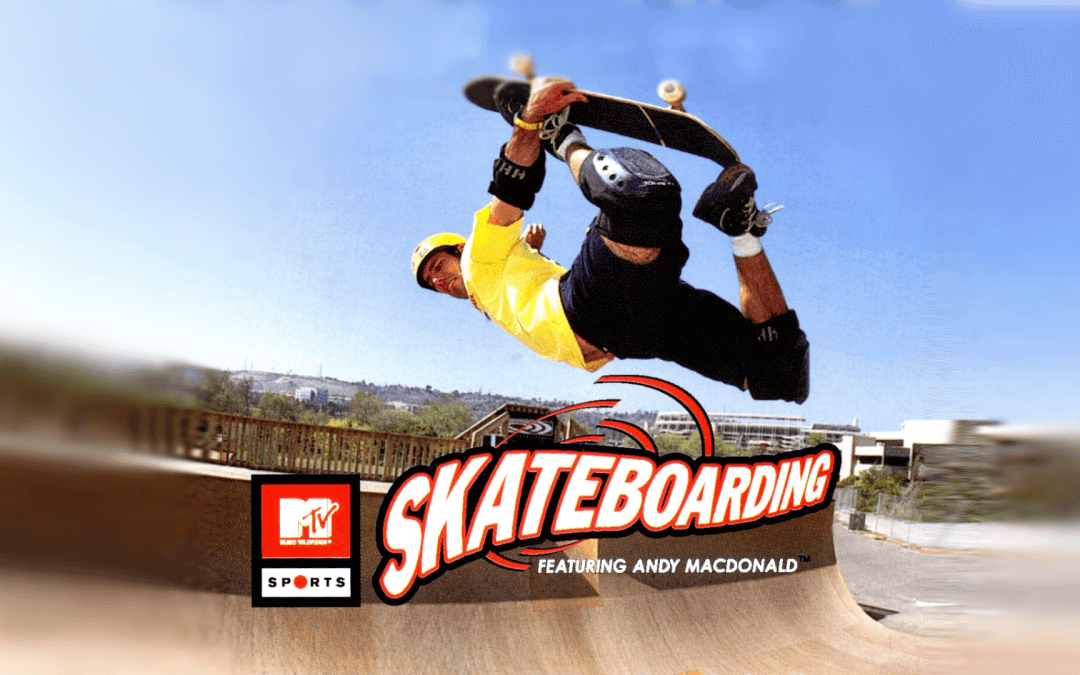
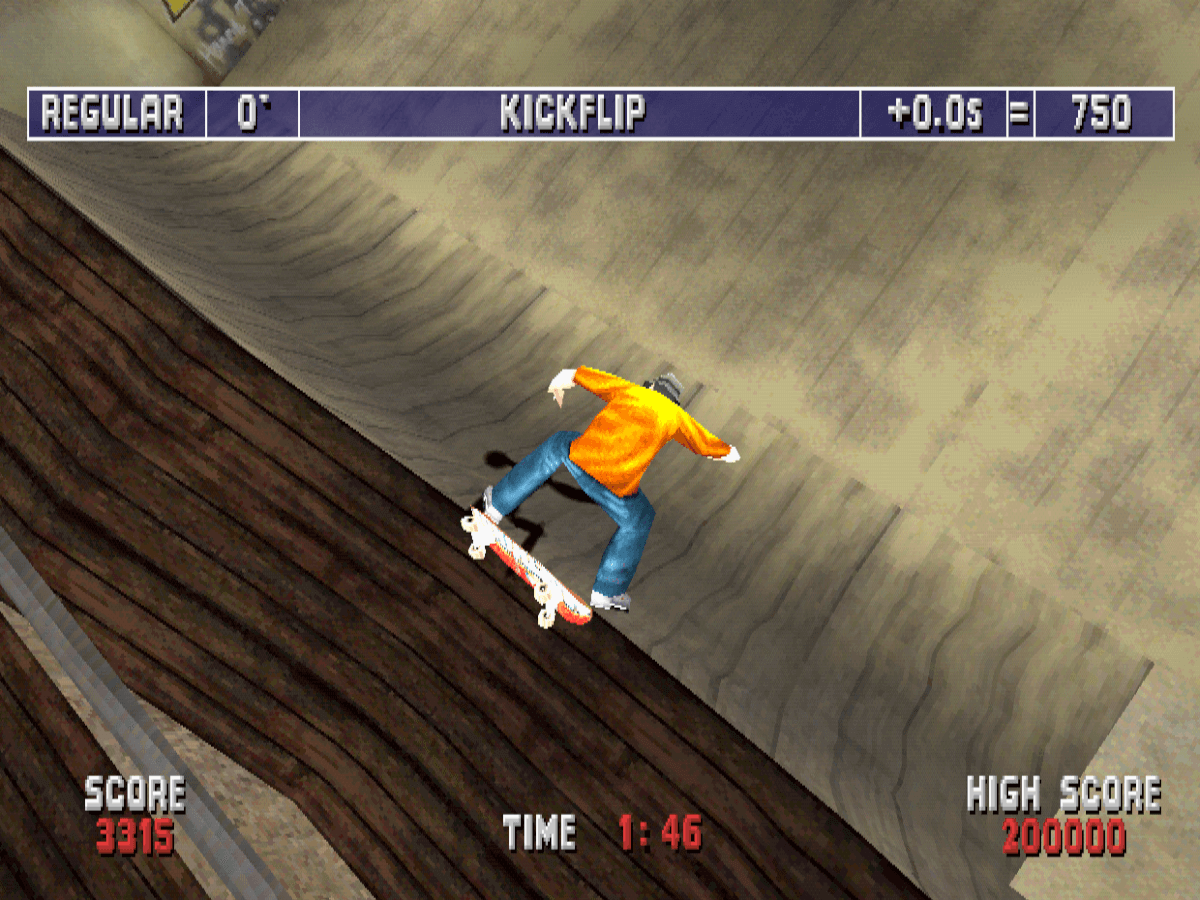
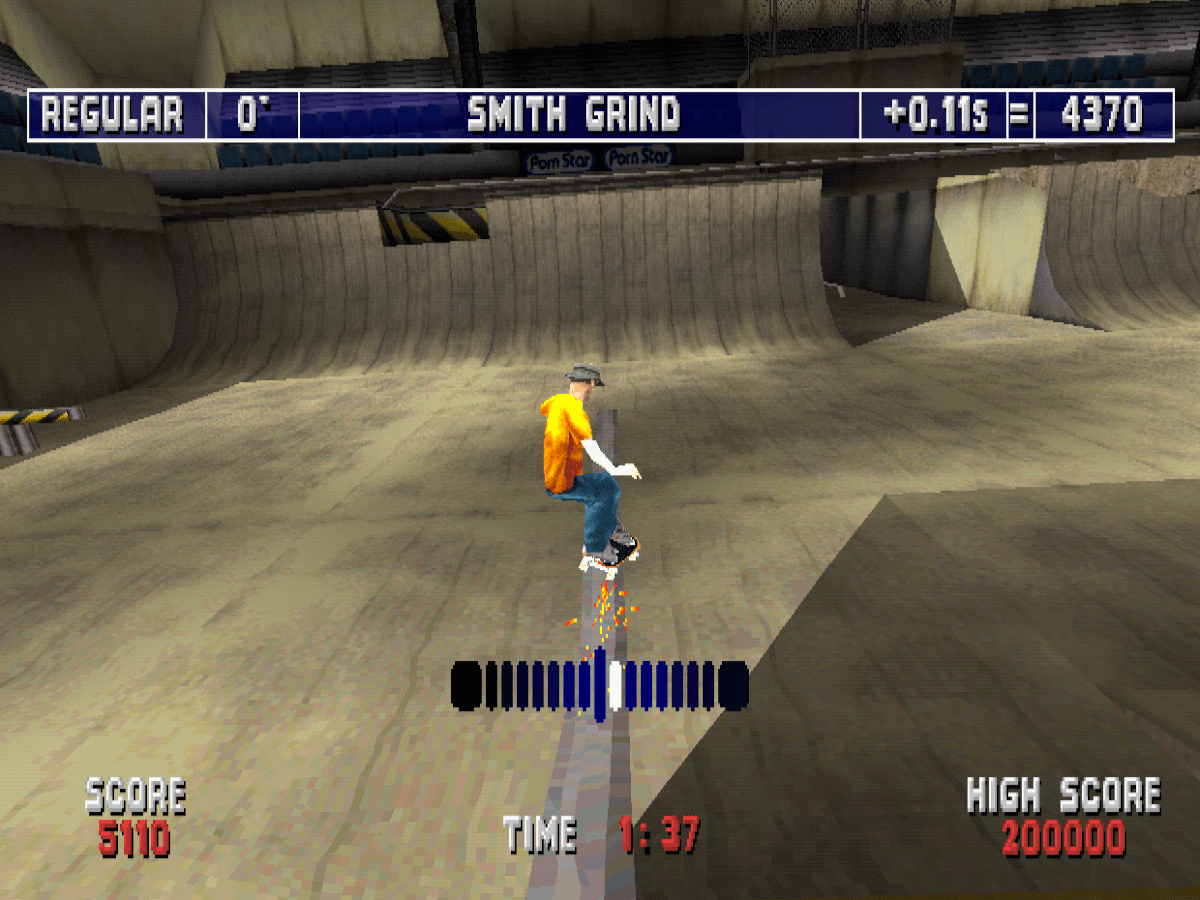
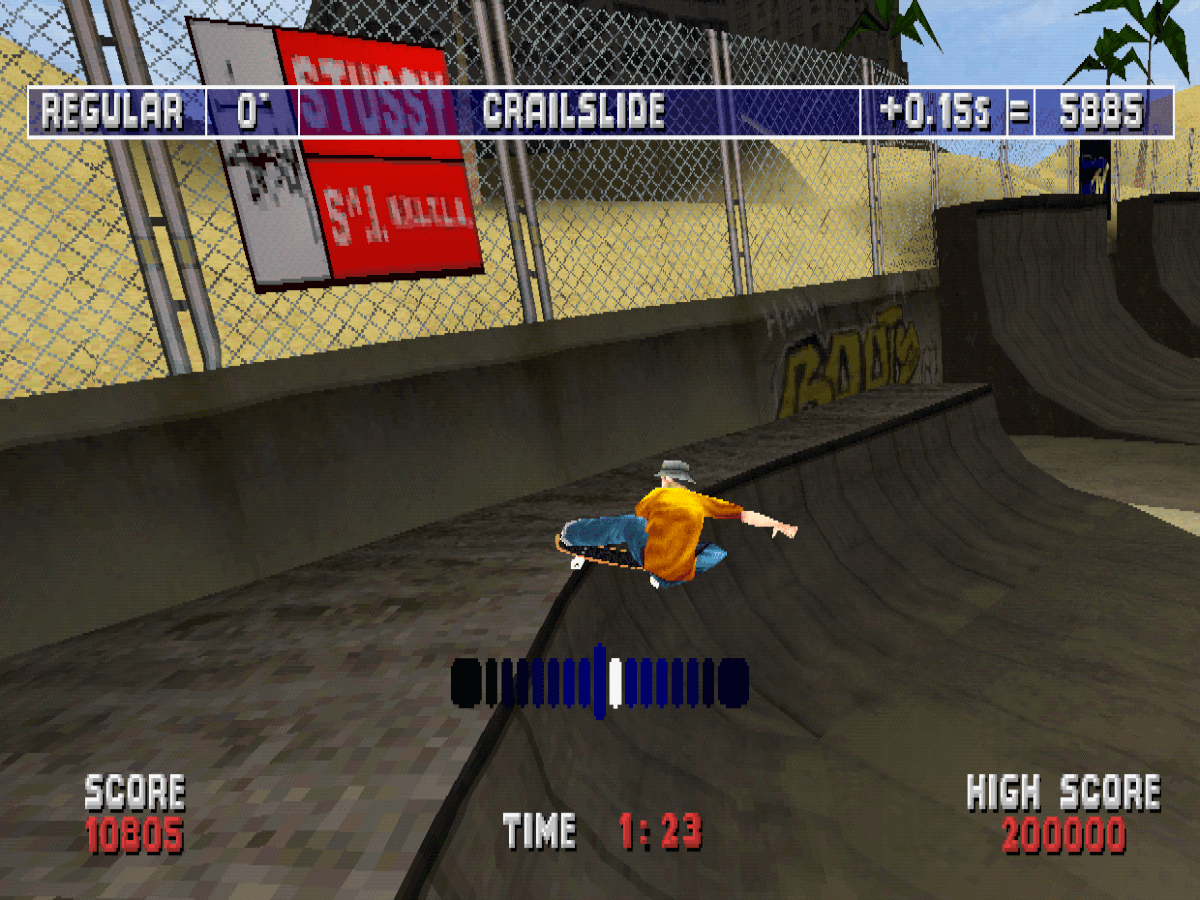
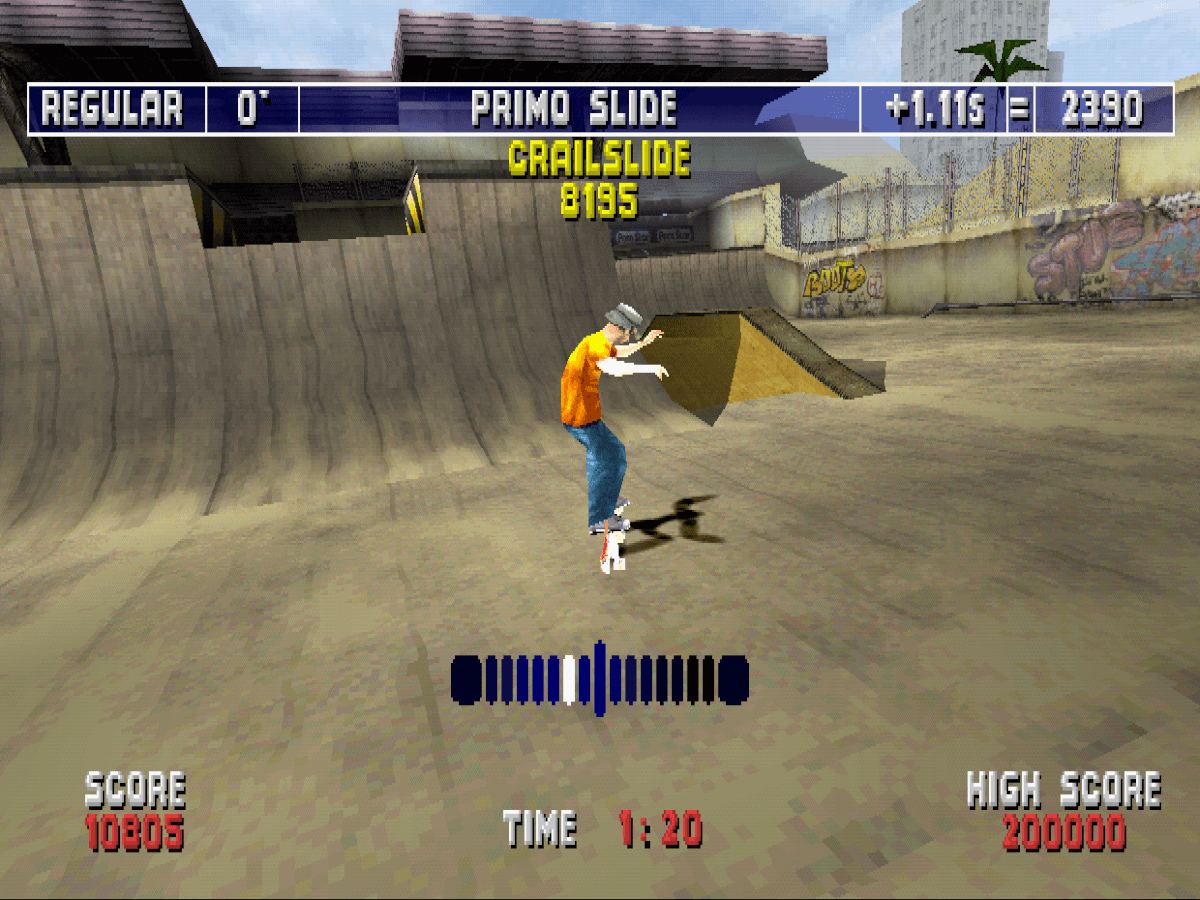
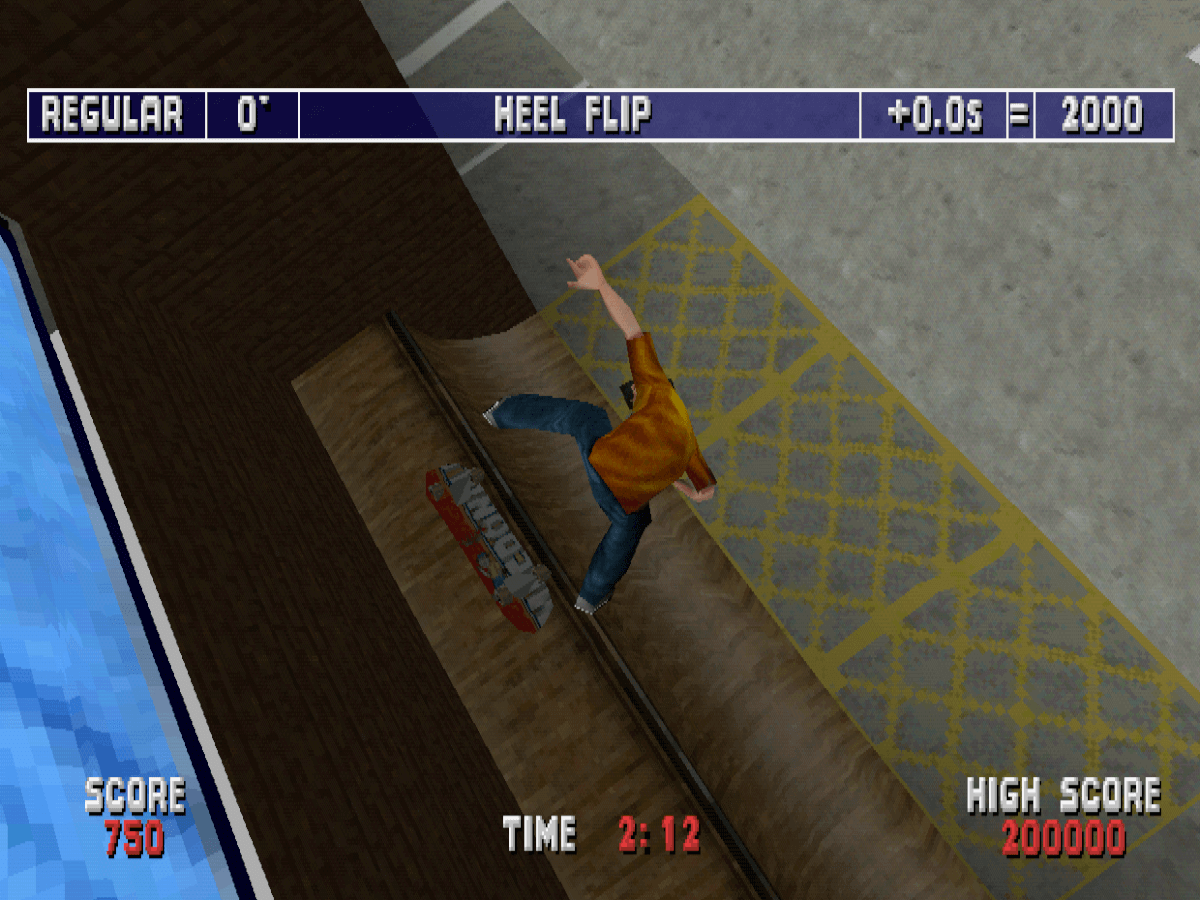
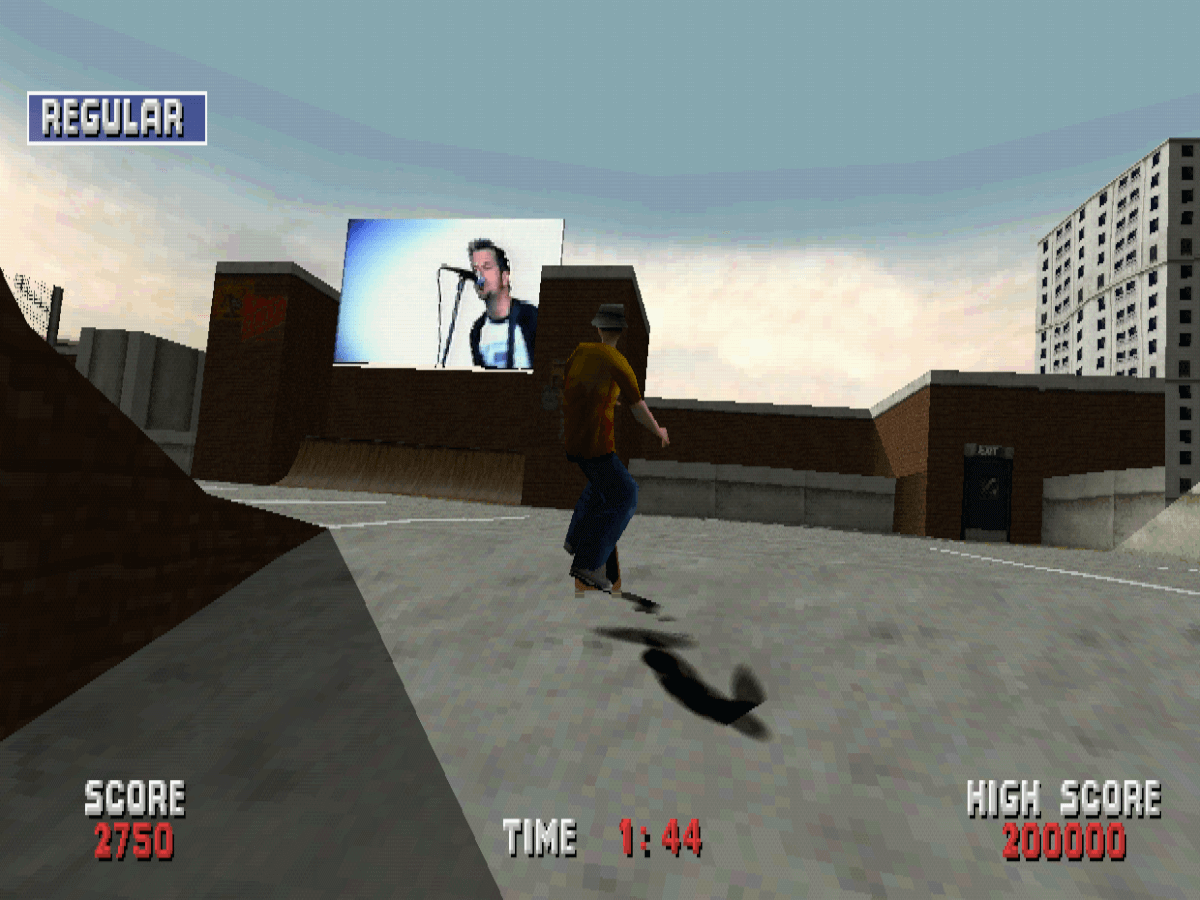
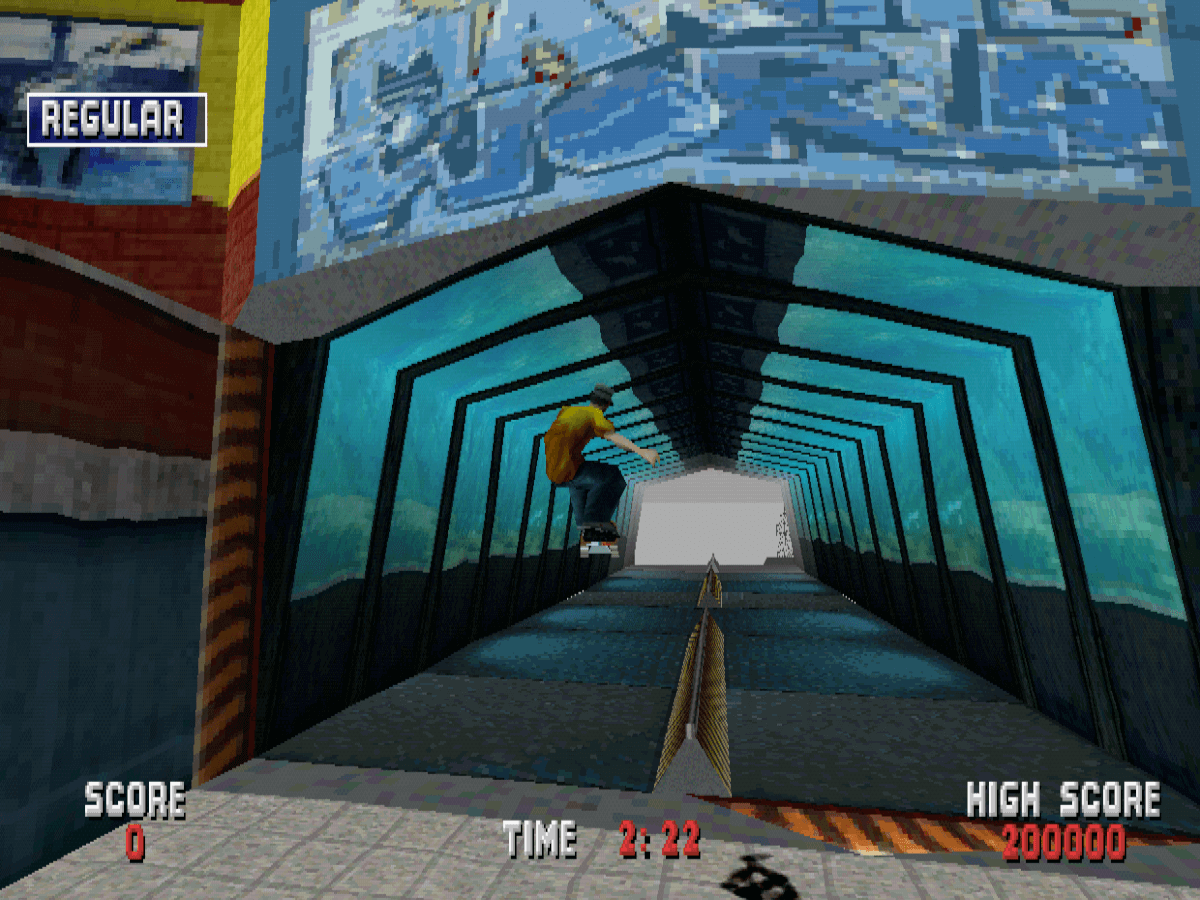
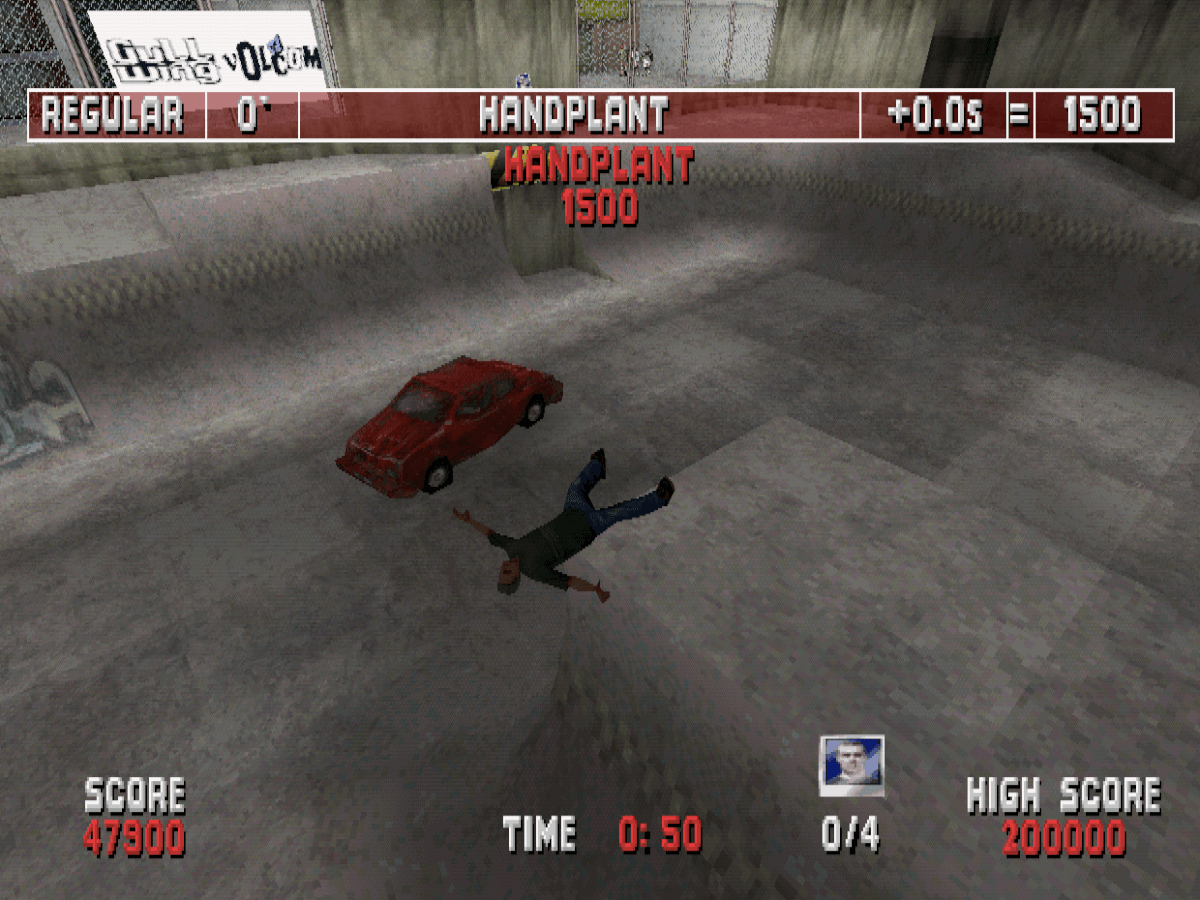
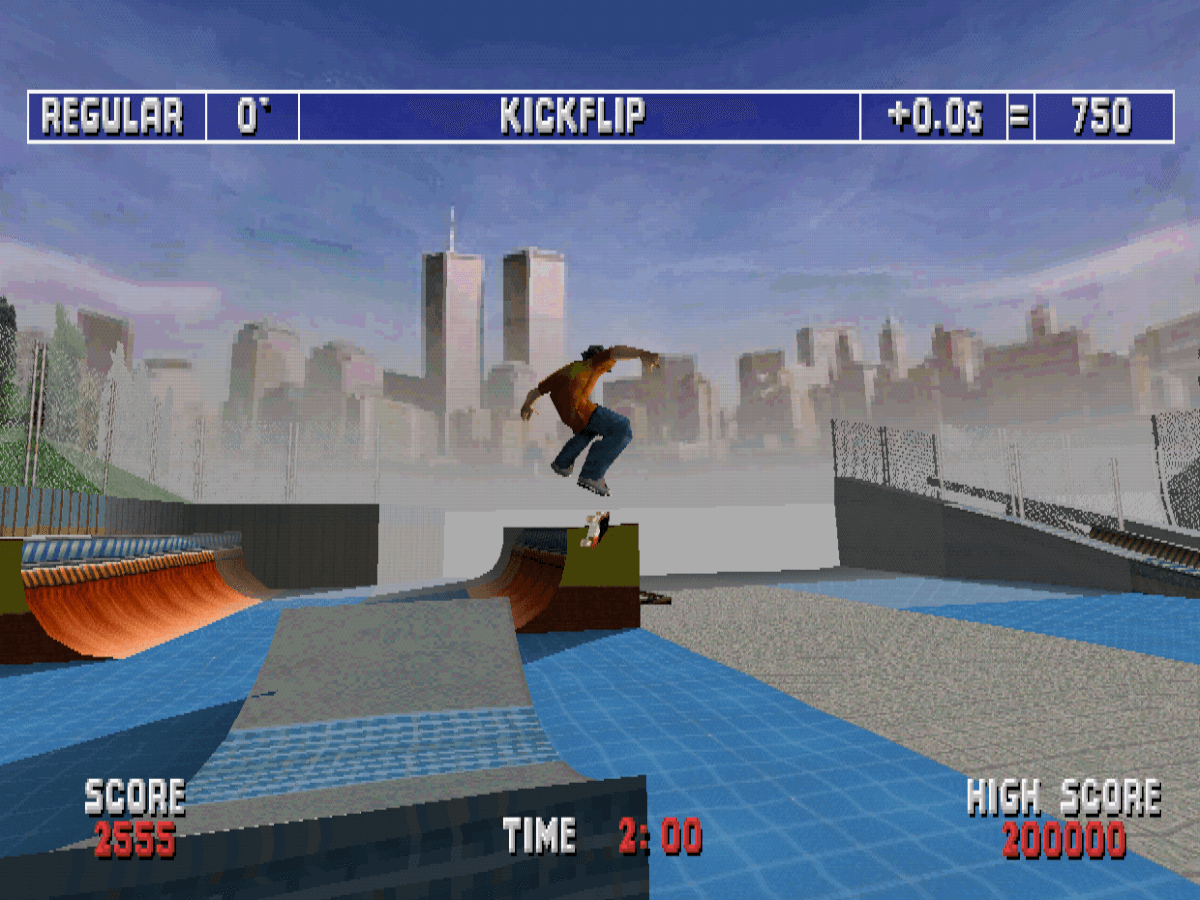
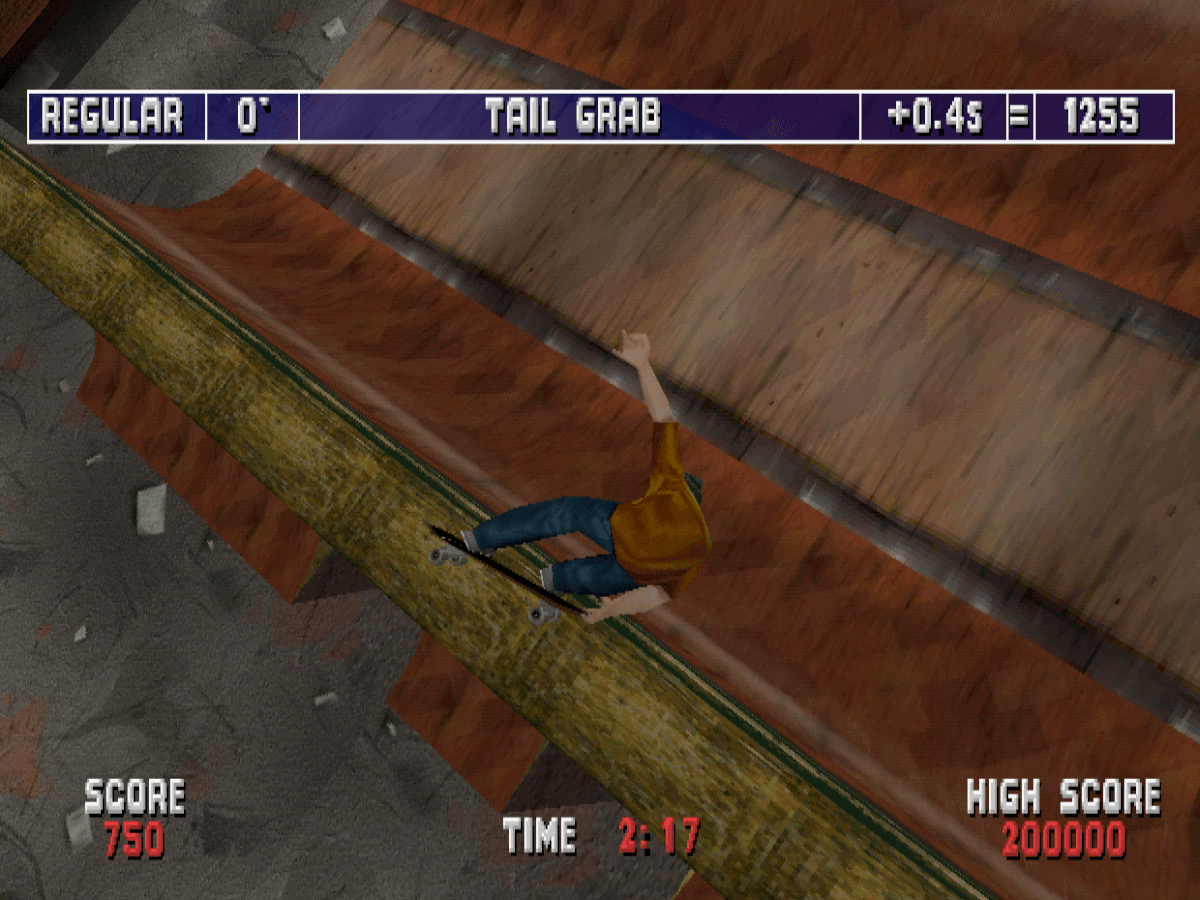
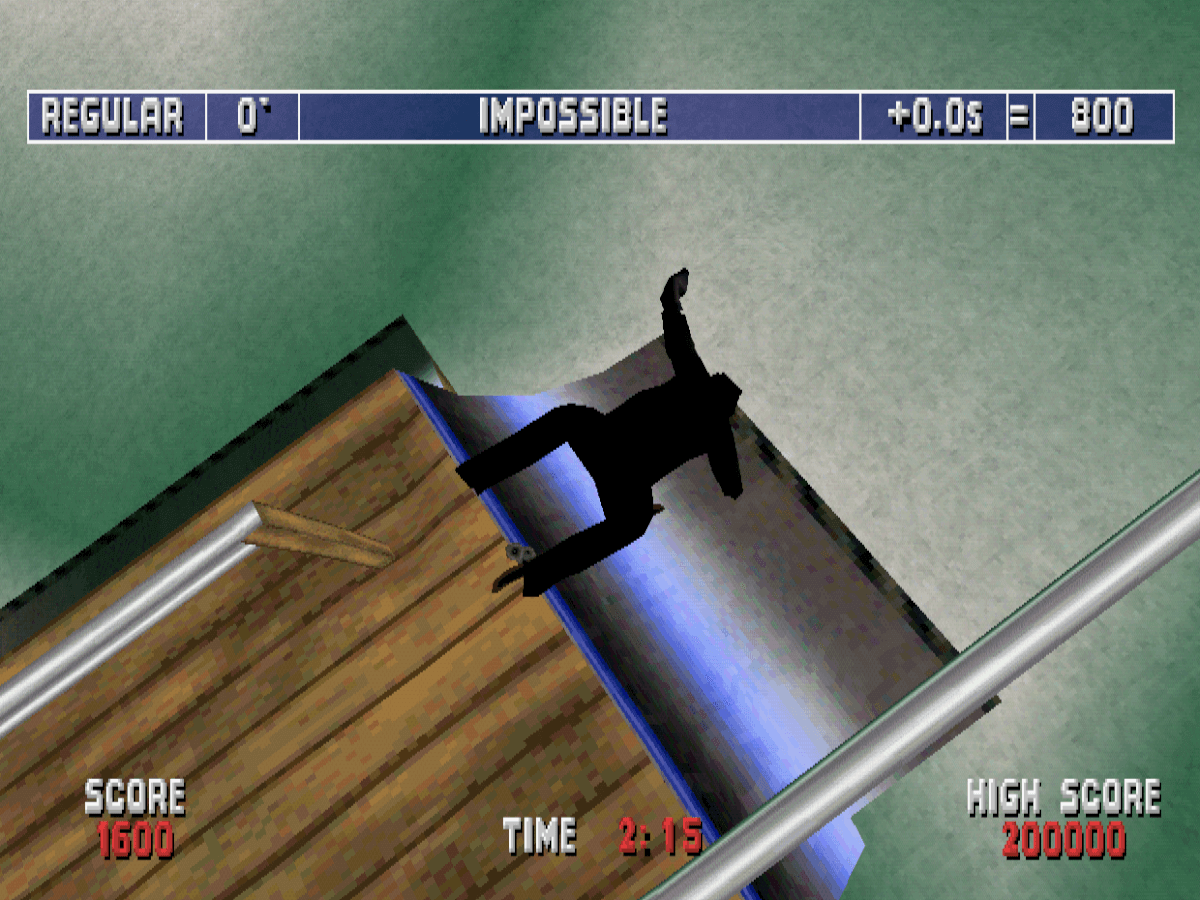
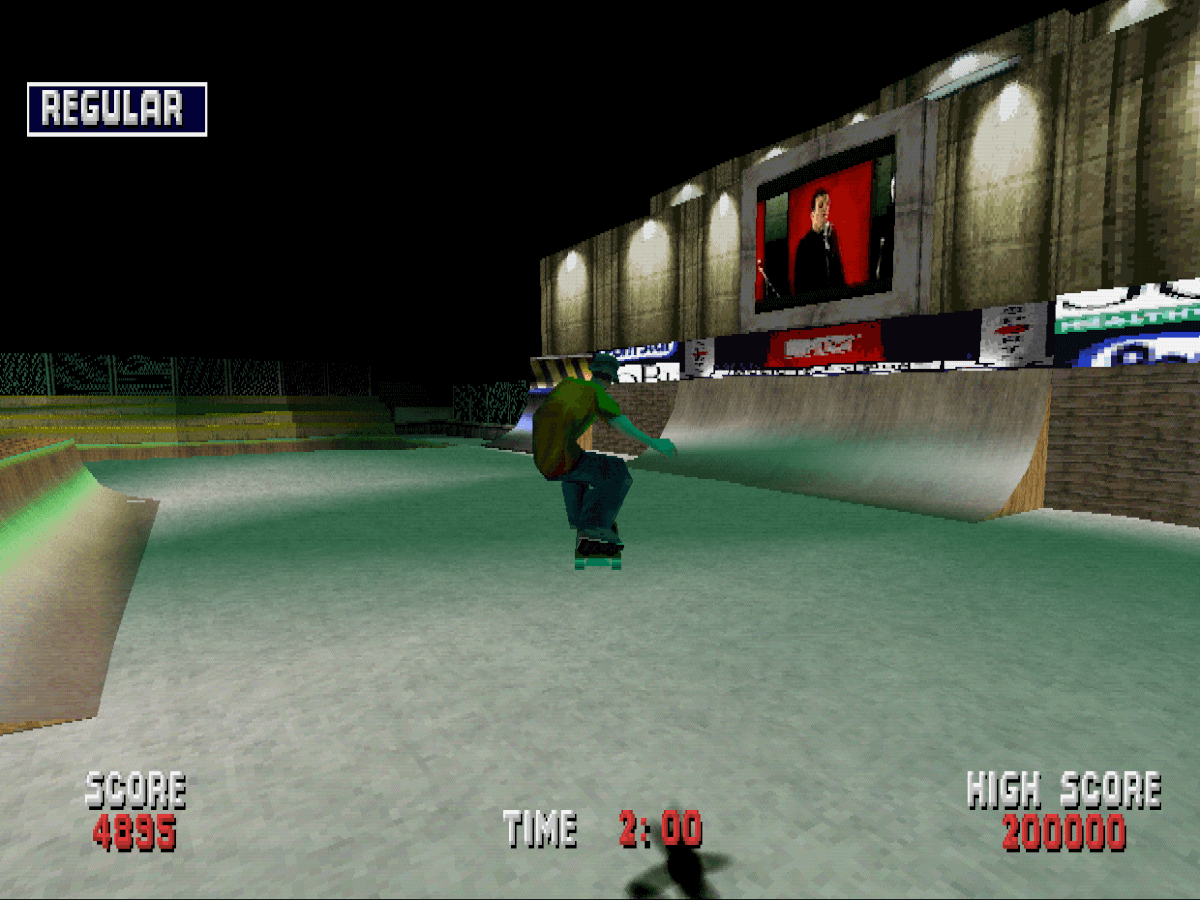
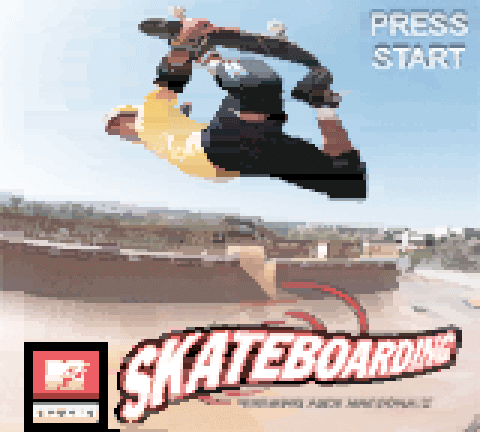
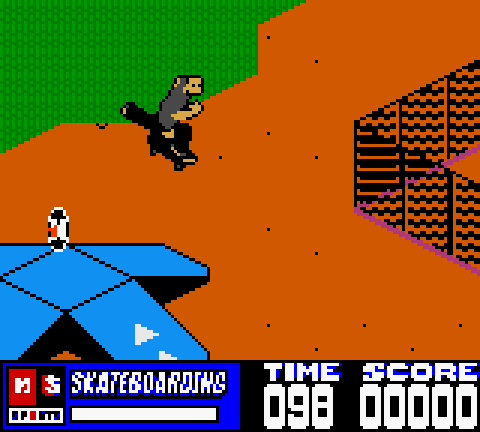
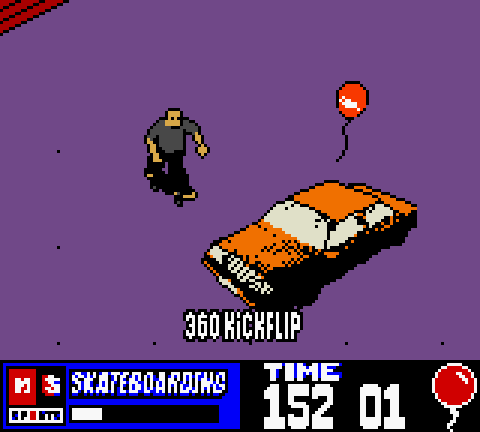
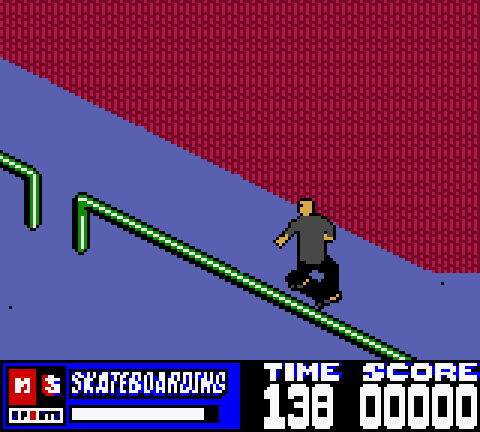
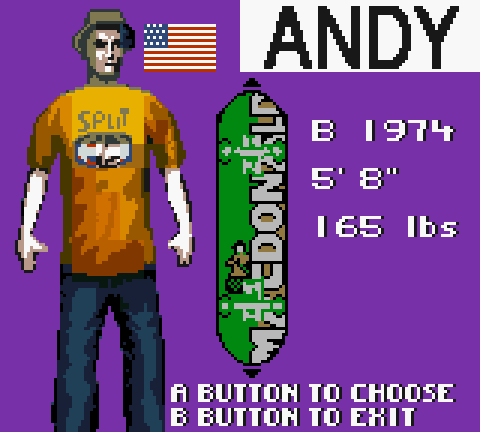
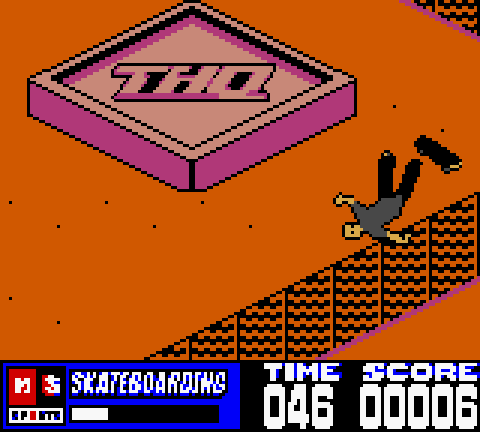
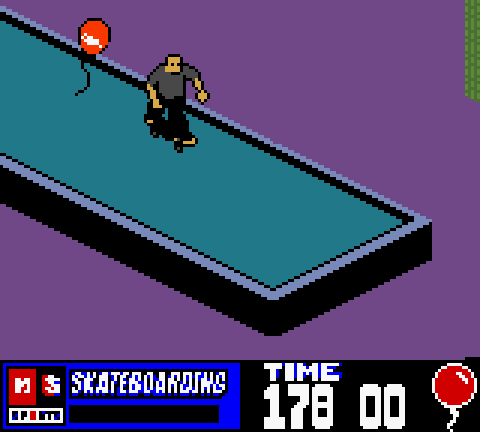
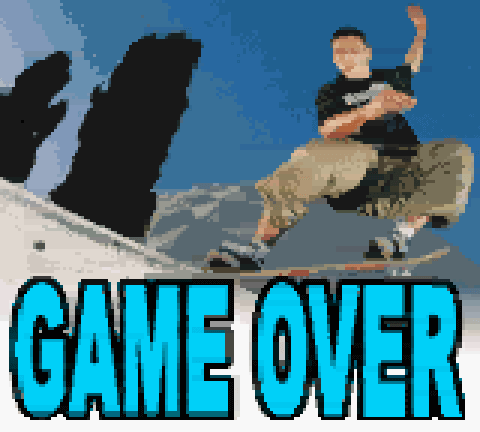
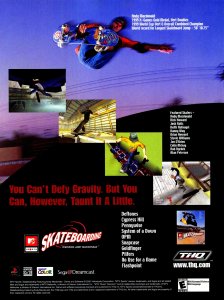
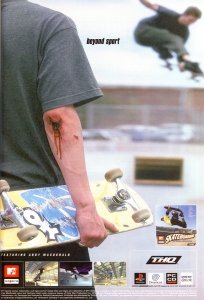
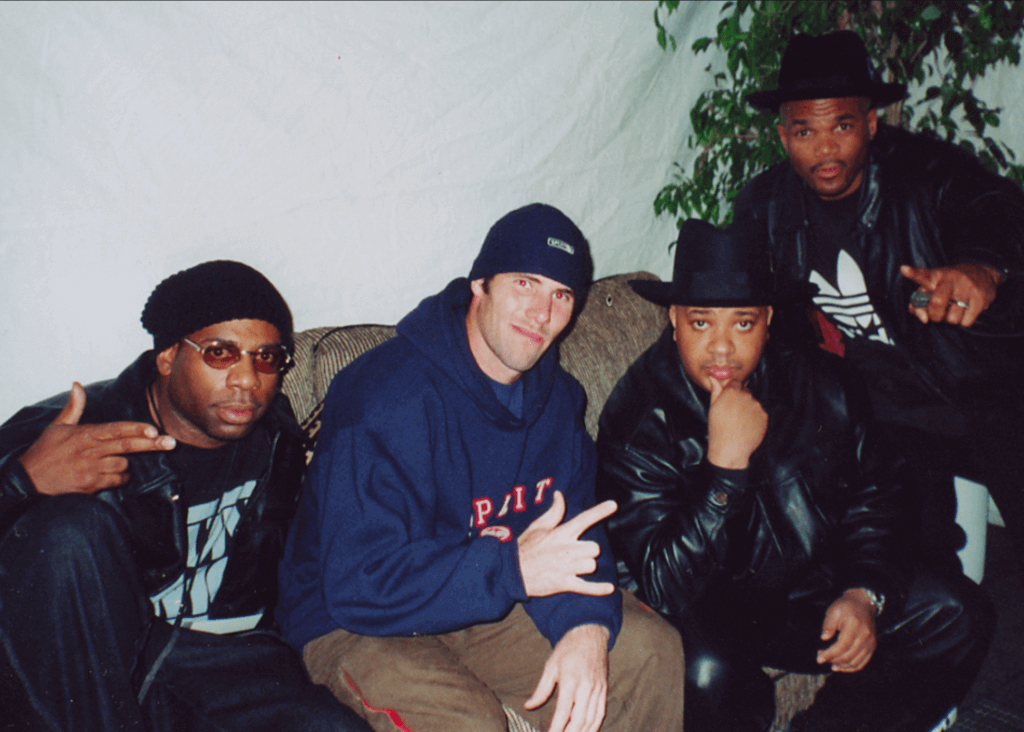
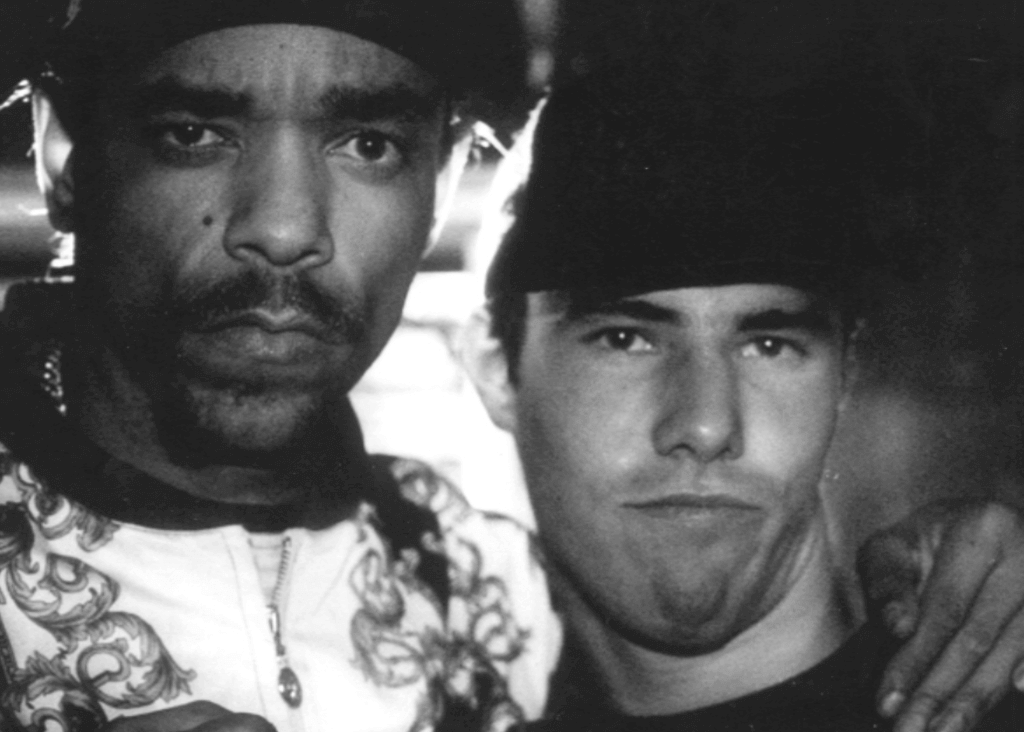
Wow, amazing job, and awesome of Andy to do an interview! Love the behind the scenes insight and getting to know more about the Athlete!
Thank you so much! Totally agree, coolest dude for answering these questions.